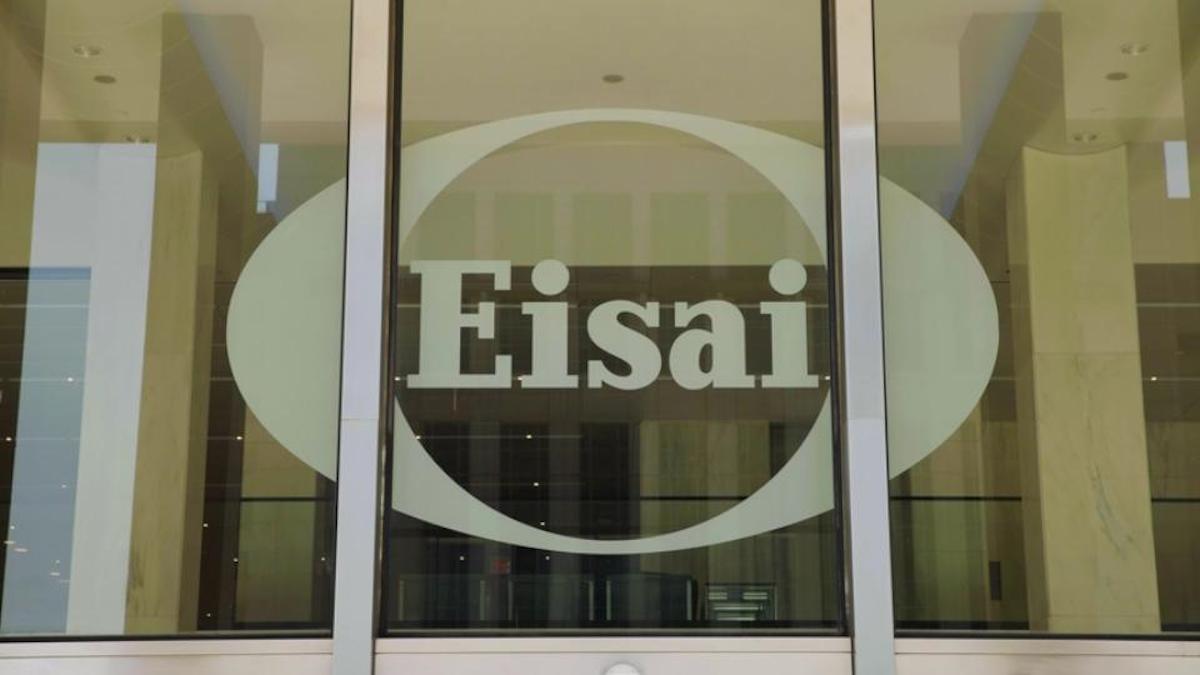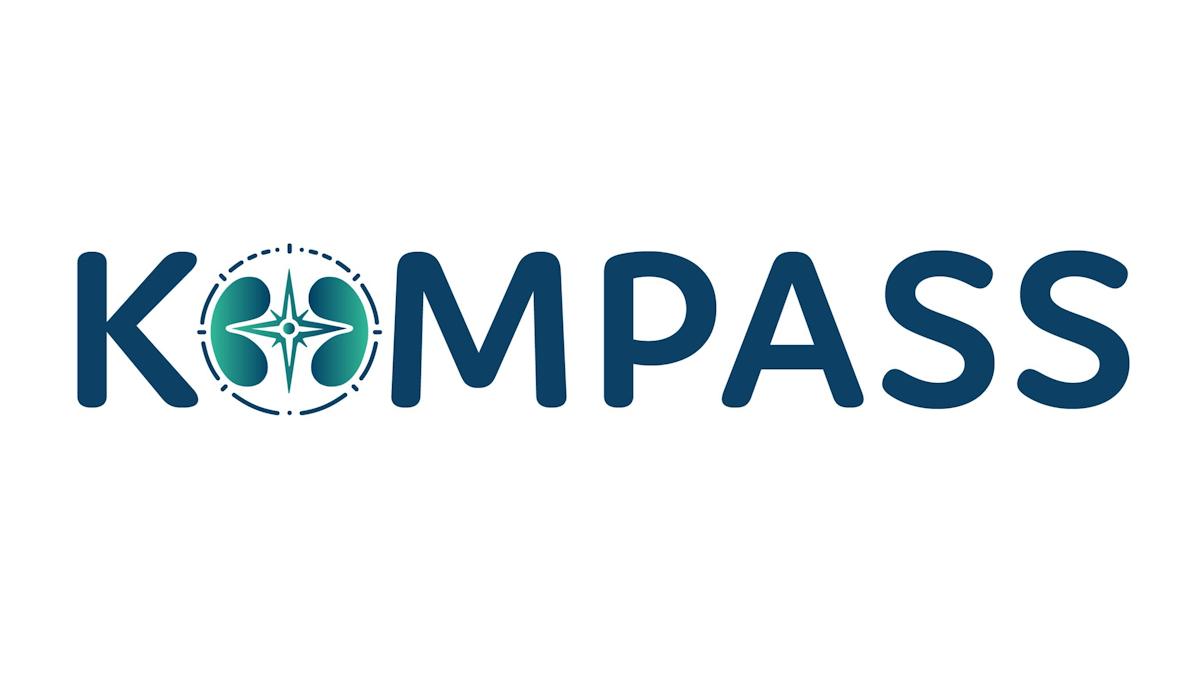Eisai dials back forecasts for Alzheimer's drug Leqembi

Eisai has retreated from the optimistic view of sales growth for Alzheimer's disease drug Leqembi it held earlier this year as uptake remains sluggish.
In its six-month financial report for the current fiscal year published this morning, the Japanese drugmaker revealed Leqembi (lecanemab) sales came in at JPY 16.3 billion (around $107 million), of which around JPY 10.5 billion came from the US.
That has prompted the company to reduce its fiscal 2024/25 projections for the drug to JPY 42.5 billion ($279 million) from JPY 56.5 billion in May, after an encouraging start to the year.
So far, the Biogen-partnered drug has been launched in the US, Japan, China, Hong Kong, Israel, UAE, and GB, and approved in South Korea. Prospects for the drug were, however, recently dashed after regulators in the EU and Australia indicated they were not minded to approve the drug because its efficacy did not outweigh the risk of side effects.
Meanwhile, recent reimbursement decisions have not gone in Eisai's favour. NICE, the health technology assessment (HTA) agency for England and Wales recently rejected NHS coverage of the drug, in part because of the costs associated with delivering it and monitoring for side effects.
Eisai and Biogen are hoping that a recently filed autoinjector formulation of the drug, which does away with the need for frequent visits to infusion centres, could be the key to unlocking Leqembi's sales growth if it gets approved next year. They have also developed a new intravenous formulation that reduces the need for clinic visits, which could be approved in the US in January.
"It has been one year and three months since the US full-scale launch, 10 months since the Japan launch, and four months since the China launch, and Leqembi is in the midst of market introduction," said Eisai in its update.
"Although there were some delays in the progression of sales results in the US, we believe that we are making a certain level of progress," it added.
Longer-term, Eisai and Biogen are hoping for further evidence to support Leqembi from the phase 3 AHEAD 3-45 trial, which started in 2020 and is underway in Japan, the US, and Europe and is enrolling people ages 55-80 who have not been diagnosed with Alzheimer's or another form of dementia. Results are due in 2028.
"We are progressing with addressing current issues, as well as initiatives to expand the near-future market, and we recognise the great potential for market expansion ahead," said Eisai.












